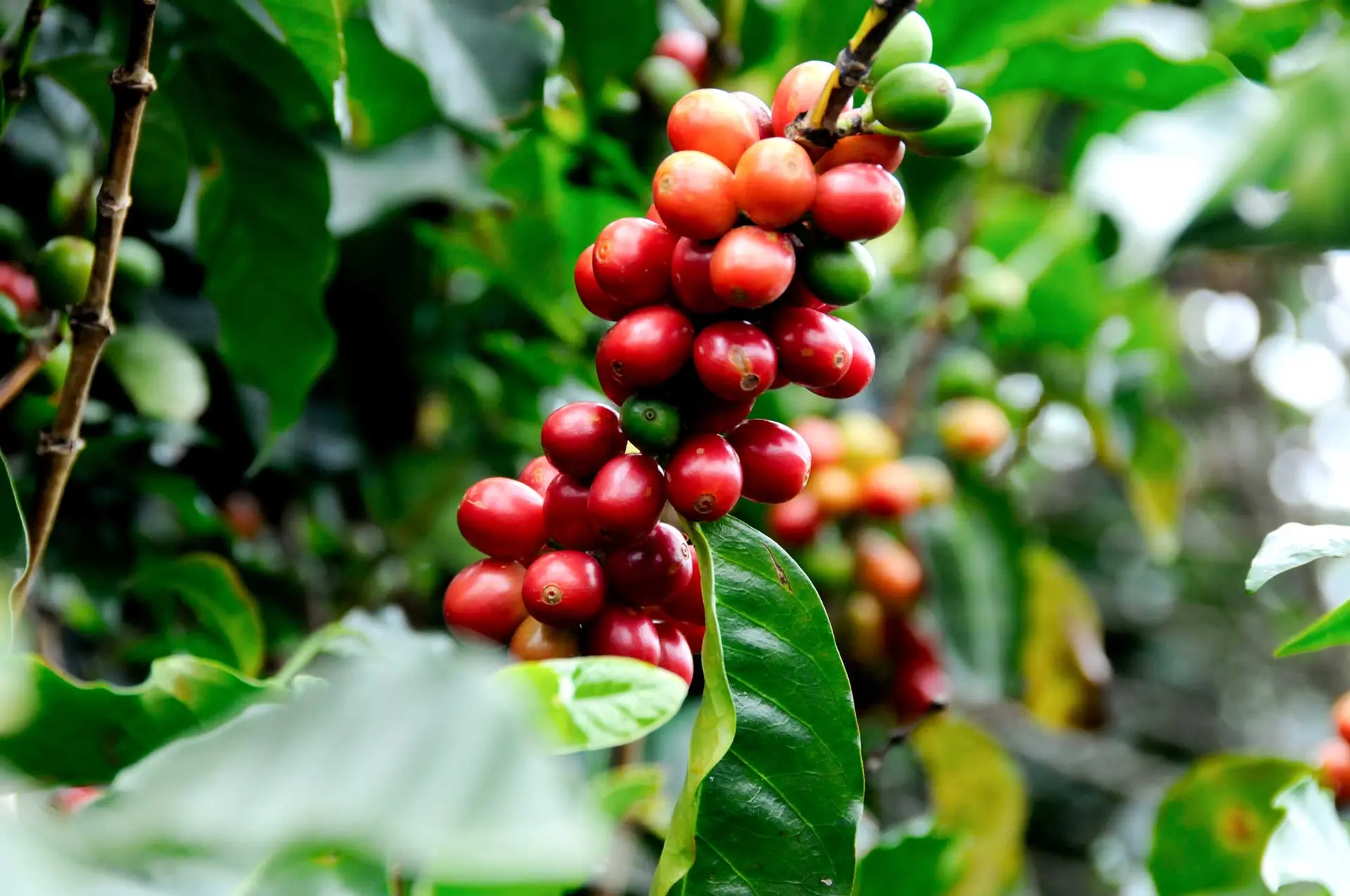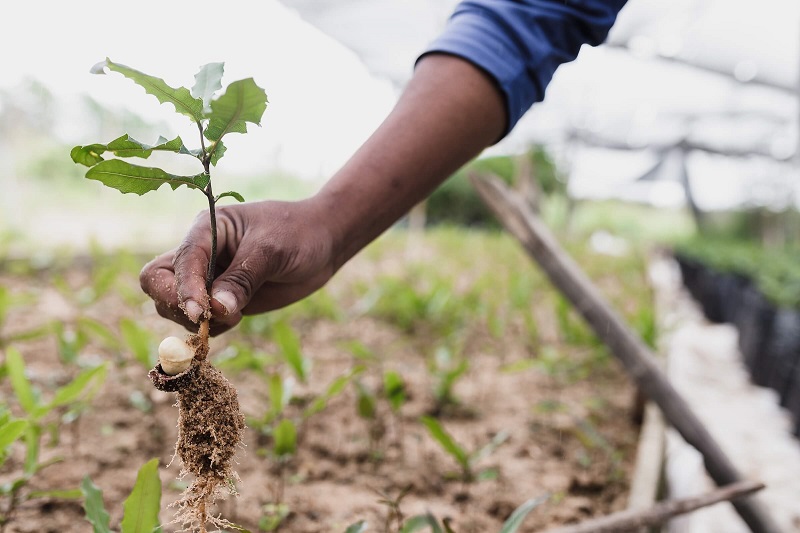 -->
-->
 -->
-->
Grevillea
CO 2 Removal Levels : -80 Kg/Yr
Country: Kenya
Species: Grevillea
Scientific Name: Grevillea robusta
Tree ID: 1728052223
Tree Description
The Grevillea tree is an evergreen plant from Australia, part of the Proteaceae family, with around 360 species ranging from shrubs to large trees. Notable for their deeply divided, fern-like leaves and striking flower clusters in red, pink, yellow, or orange, Grevilleas attract birds with their nectar-rich blooms. They thrive in well-drained soil and sunny locations and vary significantly in size. Popular in horticulture for their ornamental value, some species, like Grevillea robusta (Silky Oak), are also valued for timber. Grevilleas are drought-tolerant once established but require regular watering when young and benefit from pruning to encourage flowering and maintain shape.
Key Tree Features
1. Leaves: Grevillea leaves are often deeply divided, fern-like, and can vary significantly in shape and size. They may be simple or compound, with some species having needle-like leaves while others have broad, flat leaves.
2. Flowers: One of the most distinctive features of Grevilleas is their unique and striking flowers. Typically, the flowers are arranged in racemes or clusters, with individual flowers having a long, curved style. The flowers can be in a variety of colors including red, pink, yellow, and orange. They are rich in nectar and are highly attractive to birds, particularly honeyeaters.
3. Fruit: The fruit of a Grevillea is usually a small, dry capsule that splits open to release one or two seeds. These seeds often have a wing or are otherwise adapted for wind or animal dispersal.
4. Growth Habit: Grevilleas can range from ground-hugging shrubs to tall trees over 30 meters high. Some common tree species include Grevillea robusta (Silky Oak), which can grow up to 30 meters tall and is known for its beautiful timber and golden-orange flower clusters.
5. Habitat: These plants are highly adaptable and can thrive in a variety of environments, from coastal dunes to mountain regions. However, they generally prefer well-drained soils and sunny positions.
Tree uses
- Grevilleas are popular in horticulture for their attractive flowers and foliage. They are used as ornamental plants in gardens and parks, for hedging, and for attracting wildlife. Some species, such as Grevillea robusta, are also valued for their timber.
- Grevilleas improves the quality of the soil thanks to the nitrogen fixation process or it reduces soil erosion, thanks to its extended root system.
- Anti-wind -Grevilleas protects young plants from the wind and reduces water evaporation from the soil.
- By planting this Grevillea robusta tree, you will offset 800 KG of CO₂ for next 10 years when the tree's CO2 removal rate is high.
Purchase this seedling, and our trained small holder farmers will plant and nurture it to maturity on your behalf.
More About The Tree
Annual CO 2 removal
80 KG of CO₂
By planting this Grevillea robusta tree, you will offset 800 KG of CO₂ for next 10 years when the tree's CO2 removal rate is high.The tree will keep absorbing CO₂ beyond the tenth year, making this a conservative estimate based on verified public data.

